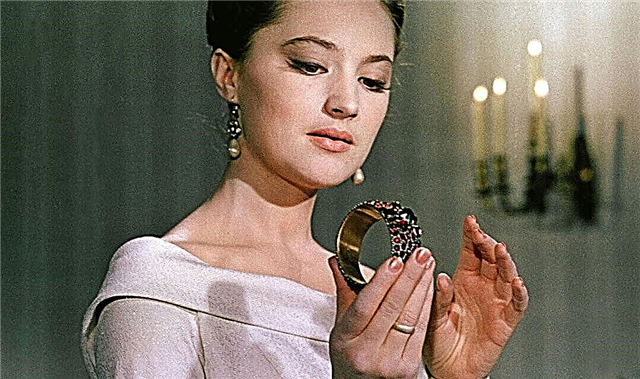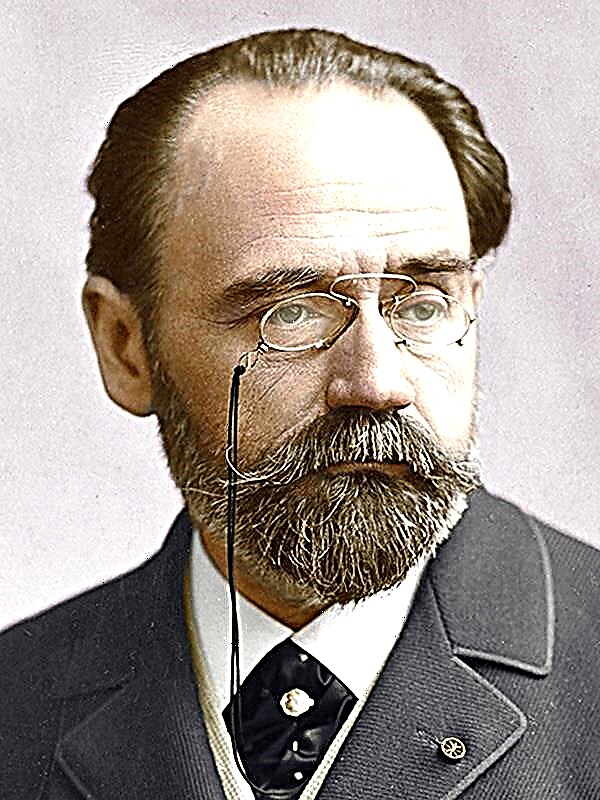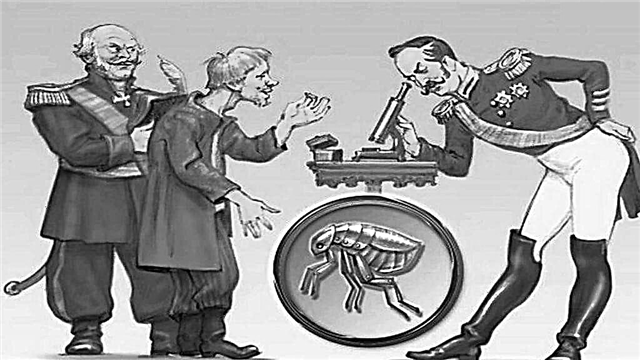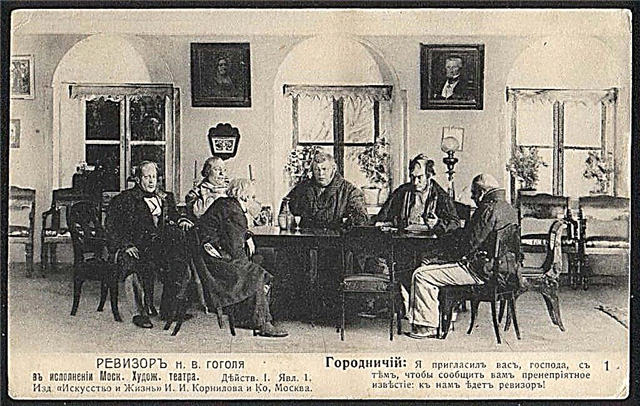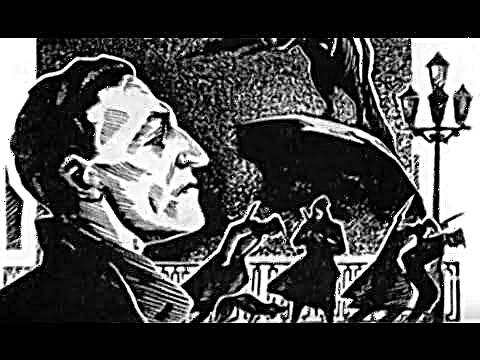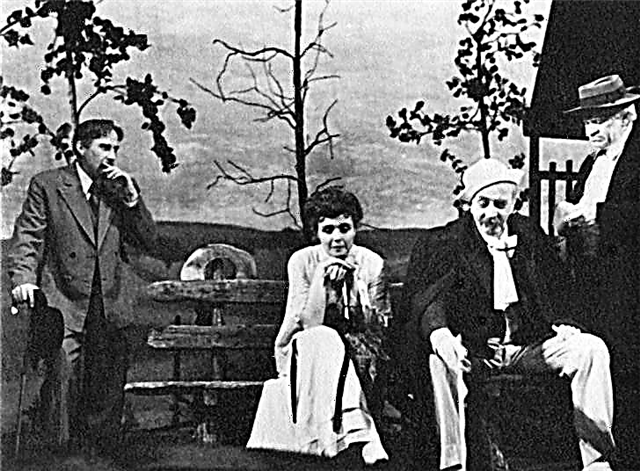Feeling illusions is the fate of the provincials. Lucien Chardon was originally from Angouleme. His father, a simple pharmacist, in 1793 miraculously saved the girl de Roubampre, the last representative of this noble family, from the scaffold, and thereby received the right to marry her. Their children Lucien and Eve inherited the wondrous beauty of their mother. The Chardons lived in great need, but Lucien was helped to his feet by his best friend, the owner of the printing house, David Séchard. These young men were born for great accomplishments, but Lucien overshadowed David with a brilliance of talent and a dazzling appearance - he was handsome and a poet. The local socialite Madame de Bergeton drew attention to him and began to invite the arrogant local nobility to her house to the great displeasure. Baron Sixte du Chatelet was the most vicious - the man was rootless, but he managed to make a career and had his own views on Louise de Bergeton, who gave clear preference to a talented young man. And David passionately fell in love with Eve, and she reciprocated, having guessed a deep mind and an elevated soul in this thick-lined typograph. True, David’s financial situation was unenviable: his father actually robbed him by selling the old printing house at a clearly overpriced price and losing a patent for publishing a newspaper to a fair price for his competitors, the Cuente brothers. However, David hoped to get rich by revealing the secret of cheap paper production. This was the situation when the event deciding the fate of Lucien happened: one of the local noblemen, having knelt him in front of Louise, trumpeted this all over the city and ran into a duel - Madame de Bergeton ordered the humble old man to punish the offender. But from that moment on, life in Angouleme got sick of her: she decided to go to Paris, taking with her the pretty Lucien, the Ambitious young man neglected his sister's wedding, knowing that everyone would forgive him. Eve and David gave their brother the last money - he had to live on them for two years.
In the capital, Lucien and Madame de Bergeton parted ways - the provincial love, unable to withstand the first contact with Paris, quickly grew into hatred. The Marquise d’Espar, one of the most influential ladies of the Saint Germain suburb, did not refuse to protect her cousin, but demanded that the ridiculous young man whom she had the stupidity to bring with her be removed. Lucien, comparing his "divine" Louise with secular beauties, was ready to change her - but here, through the efforts of the marquise and the ubiquitous Sixte du Chatelet, he was expelled from shame in decent society. The unfortunate poet had high hopes for the collection of sonnets “Daisies” and the historical novel “The Archer of Charles IX” - it turned out that Paris is full of rhymes and scribblers, and therefore it is extremely difficult for a novice author to break through. Having mediocrely squandered all the money, Lucien gets into a hole and starts working: he reads a lot, writes, and ponders.
In a cheap student canteen, he meets two young people - Daniel d’Artez and Etienne Lusto. The fate of the weak-willed poet depends on what choice he makes. At first, Lucien is attracted to Daniel, a brilliant writer who works in silence, despising worldly vanity and momentary glory. Daniel’s friends, albeit with hesitation, take Lucien into their circle. Equality reigns in this chosen society of thinkers and artists: young men selflessly help each other and warmly welcome any fellow luck. But all of them are poor, and Lucien beckons with a brilliance of power and wealth. And he agrees with Etienne - an ardent journalist who has long since parted with the illusions of loyalty and honor.
Thanks to the support of Lusto and his own talent, Lucien becomes an employee of a liberal newspaper. He quickly learns the power of the press: if he mentions his grievances, his new friends begin a campaign of ruthless persecution - they amuse the public from room to room with stories about the adventures of the Otter and Heron, in which Madame de Bergeton and Sixta du Chatelet. In front of Lucien's eyes, the talented novelist Raul Nathan bows low to the influential critic Emil Blonde. Journalists are courted in every way behind the scenes of theaters - the failure or success of the play depends on the review of the performance. The worst thing happens when newspaper men pounce on their victim with a whole bunch - the person who came under such shelling is doomed. Lucien quickly comprehends the rules of the game: he is entrusted with scribbling a “tidy” article about Nathan’s new book - and he lives up to the expectations of his colleagues, although he considers this novel to be wonderful. From now on, the need is over: the poet is paid a thumbs up, and the young actress Coralie passionately falls in love with him. Like all her friends, she has a wealthy patron, the silk merchant Camuso. Lusto, who lives with Florina, uses someone else's money without a twinge of conscience - Lucien follows his example, although he perfectly understands that it is shameful to be kept by the actress. Coralie dresses her lover from head to toe. There comes an hour of triumph - on the Champs Elysees everyone admires the beautiful, exquisitely dressed Lucien. The Marquise d’Espar and Madame Bergeton are stunned by this wonderful transformation, and the young man finally confirms the correctness of the chosen path.
Frightened by Lucien's successes, both noble ladies begin to act. The young Duke de Retore quickly finds the poet’s weak string - ambition. If a young man wants to rightfully bear the name de Ruebampre, he needs to move from the opposition camp to the royalist camp. Lucien pecks at this bait. A conspiracy is being drawn up against him, because many people's interests converge: Florina is eager to get around Coralie, Lusto is jealous of Lucien’s talent, Nathan is angry with his critical article, Blonde wants to besiege a competitor. Having betrayed the liberals, Lucien gives his enemies a wonderful chance to deal with him - they open aimed fire at him, and he makes several fatal oversights at a loss. Coralie becomes the first victim: having driven Camuso away and indulging all the whims of her beloved, she comes to complete ruin when hired hackers take up arms, gets sick from grief and loses engagement in the theater.
Meanwhile, Lucien had to go to vileness in order to ensure the success of his lover - in exchange for laudatory reviews he was ordered to “slaughter” the book of d'Artez. Generous Daniel forgives his former friend, but Michel Chretien, the most adamant of all the members of the circle, spits on Lucien's face, and then puts a bullet in his chest in a duel. Coralie and her servant Berenice selflessly look after the poet. There is absolutely no money: bailiffs describe the actress’s property, and Lucien faces arrest for debts. Forging the signature of David Seshar, he takes into account three bills per thousand francs each, and this allows the lovers to hold out for several more months.
In August 1822, Coralie dies at the age of nineteen. Lucien has only eleven sous left, and he writes funny songs for two hundred francs - only these vaudeville couplets can pay for the funeral of the unfortunate actress. The provincial genius has nothing more to do in the capital - destroyed and trampled, he returns to Angouleme. Most of the way Lucien has to walk. He enters his native land on the heels of a carriage in which the new Charente prefect Sistes du Chatelet travels and his wife, the former Madame de Bergeton, who managed to become a widower and remarry. Only a year and a half has passed since Louise took the happy Lucien to Paris.
The poet returned home at the moment when his son-in-law was on the edge of the abyss. David is forced to hide in order not to go to jail - in the provinces such misfortune means the last degree of decline. It happened as follows. The Cuente brothers, long eager to seize Séchard’s printing house and to learn about his invention, bought up forged bills by Lucien. Using the flaws of the judicial system, which makes it possible to drive the debtor into a corner, they brought the three thousand francs presented for payment to fifteen - an amount unthinkable for Seshar. David was overlaid on all sides: he was betrayed by the typesetter Serize, whom he himself had learned in the printing industry, and the hunks-father refused to help his son out, despite all the pleas of Eve. It is not surprising that mother and sister very coldly meet Lucien, and this very offends the proud man who was once their idol. He assures that he will be able to help David by resorting to the intercession of Madame de Chatelet, but instead involuntarily betrays his son-in-law, and he is taken into custody right on the street. The Cuente brothers immediately conclude an agreement with him: he will be granted freedom if he cedes all rights to produce cheap paper and agrees to sell the printing house to the traitor Serise. This ended David’s misadventures: having given his wife an oath to forget about his experiences forever, he bought a small estate, and the family found peace. After the death of old Seshar, the young inherited two hundred thousand francs. The eldest of the Cuente brothers, incredibly rich thanks to the invention of David, became a peer in France.
Only after David’s arrest does Lucien realize what he’s done. After reading the curse in the eyes of his mother and sister, he firmly decides to commit suicide and goes to the shore of Charente. Here he meets with a mysterious priest: after listening to the poet’s story, the stranger offers to postpone suicide - it’s never too late to drown, but first it would be worthwhile to teach the gentlemen who expelled the young man from Paris. When the demon tempter promises to pay David’s debts, Lucien casts aside all doubts: from now on, he will belong to the soul and body of his savior - Abbot Carlos Herrera. The events that followed this pact are described in the novel The Shine and Poverty of the Courtesans.



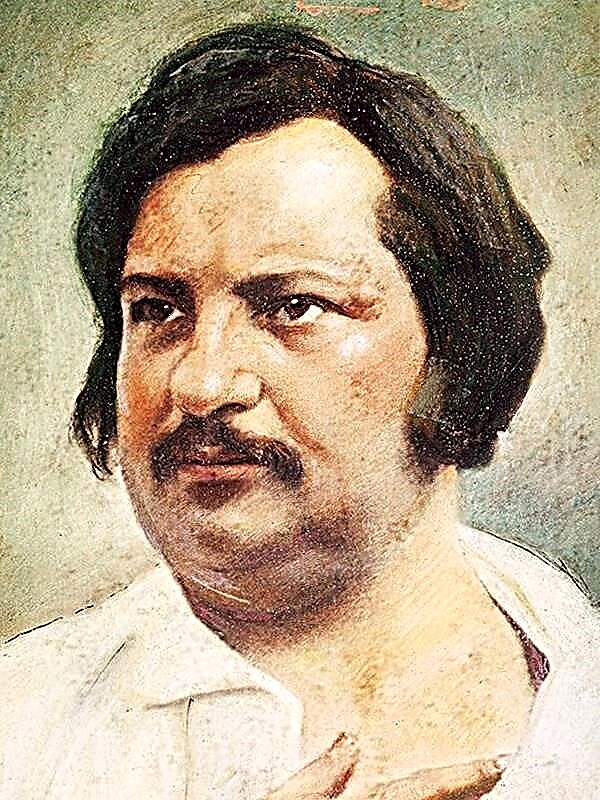 Shuans
Shuans